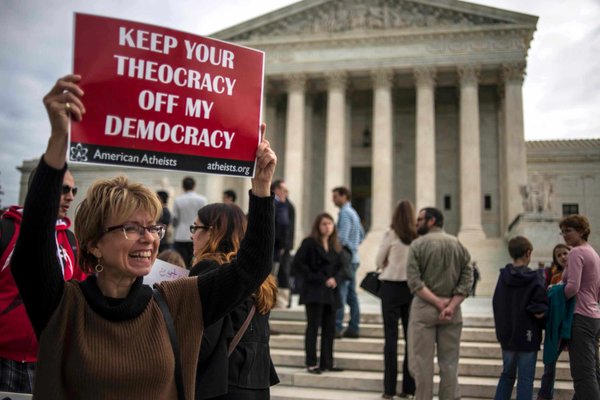 Perhaps you’ve caught the news about a recent Supreme court decision in the U.S. in which (by a slim, but sufficient, 5-4 majority) local town meetings that begin with prayer were held to be constitutional — so long as religions were not actively excluded from the opportunity. The majority (read the decision, and various commentaries, for yourself here, linked under “Opinion”) concluded:
Perhaps you’ve caught the news about a recent Supreme court decision in the U.S. in which (by a slim, but sufficient, 5-4 majority) local town meetings that begin with prayer were held to be constitutional — so long as religions were not actively excluded from the opportunity. The majority (read the decision, and various commentaries, for yourself here, linked under “Opinion”) concluded:
All that the Court does today is to allow a town to follow a practice that we have previously held is permissible for Congress and state legislatures.

 I called my auto dealer to book a time for a regular maintenance on my car and their voicemail system kicked in: “Our associates are busy serving other guests…,” it told me.
I called my auto dealer to book a time for a regular maintenance on my car and their voicemail system kicked in: “Our associates are busy serving other guests…,” it told me.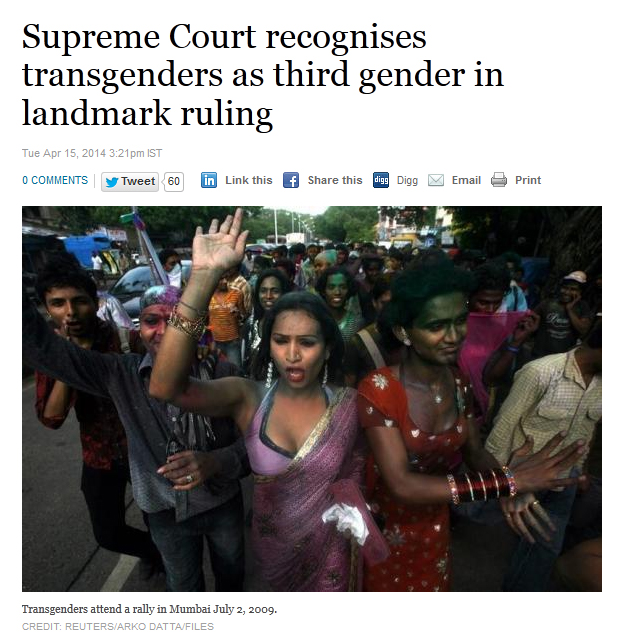 A recent
A recent 
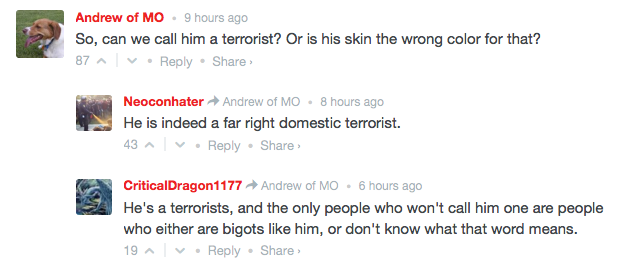 The online debates have already begun, on the heels of yesterday’s
The online debates have already begun, on the heels of yesterday’s 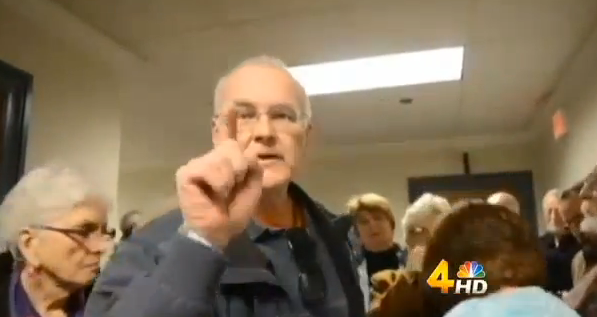 The latest installment of the “religion” wars (i.e., over what gets to count as, and receive the social perks of, religion) comes to us from right in the middle of Tennessee. The Islamic Center of Murfreesboro, whose construction began in the summer of 2010 after
The latest installment of the “religion” wars (i.e., over what gets to count as, and receive the social perks of, religion) comes to us from right in the middle of Tennessee. The Islamic Center of Murfreesboro, whose construction began in the summer of 2010 after  Although I grew up in Canada, I’ve now spent twenty years living and working in the southern United States (5 of those in southwest Missouri, though midwest by some standards, didn’t feel much different from the three previous years in Tennessee, to be honest). I’ve been here long enough to learn to take some things for granted (like saying Zee instead of Zed) but others, at certain moments, still stand out, signaling to me that I am indeed a resident alien.
Although I grew up in Canada, I’ve now spent twenty years living and working in the southern United States (5 of those in southwest Missouri, though midwest by some standards, didn’t feel much different from the three previous years in Tennessee, to be honest). I’ve been here long enough to learn to take some things for granted (like saying Zee instead of Zed) but others, at certain moments, still stand out, signaling to me that I am indeed a resident alien.  You should follow
You should follow  The first time I came to Edmonton, Canada, was in March of 2010, in order to give a paper at a conference, and, since I had applied for a Ph.D. there, to also see the city—not knowing though whether I was yet accepted at the program or not. That was the first time I had been so far north and the only thing I knew for sure was that Canada is cold (that the temperature could get as low as -30C (-22F) was beyond what my imagination could grasp).
The first time I came to Edmonton, Canada, was in March of 2010, in order to give a paper at a conference, and, since I had applied for a Ph.D. there, to also see the city—not knowing though whether I was yet accepted at the program or not. That was the first time I had been so far north and the only thing I knew for sure was that Canada is cold (that the temperature could get as low as -30C (-22F) was beyond what my imagination could grasp). 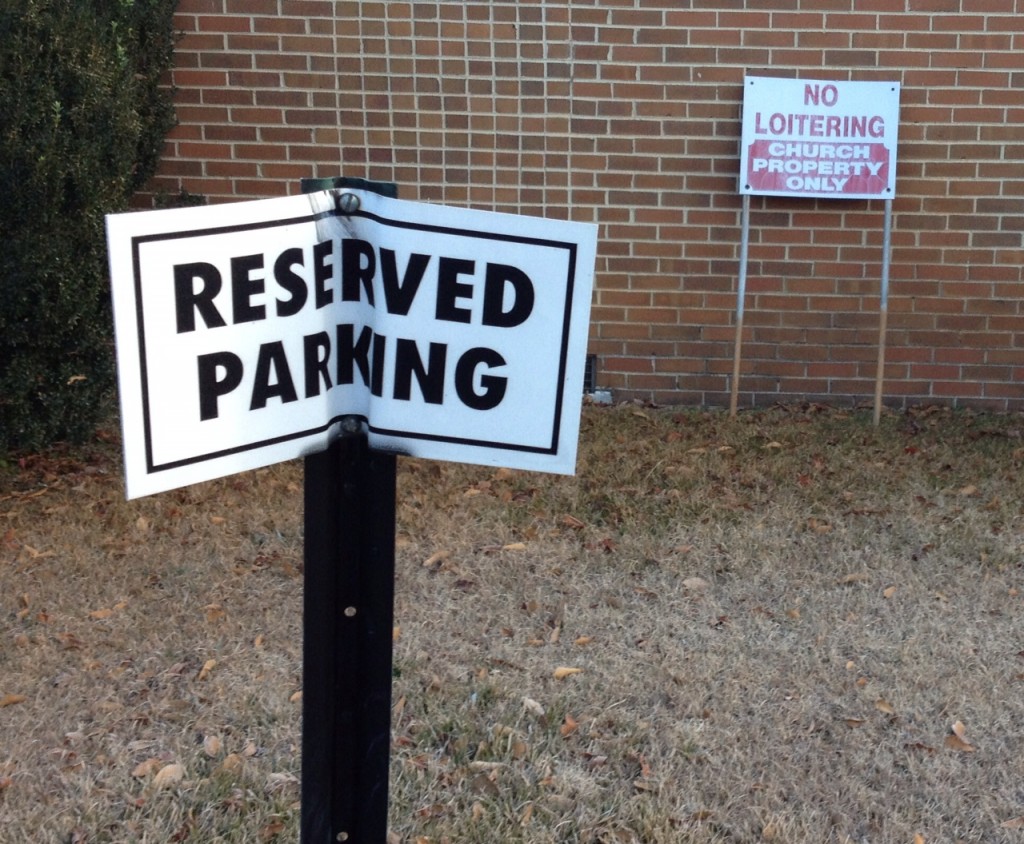
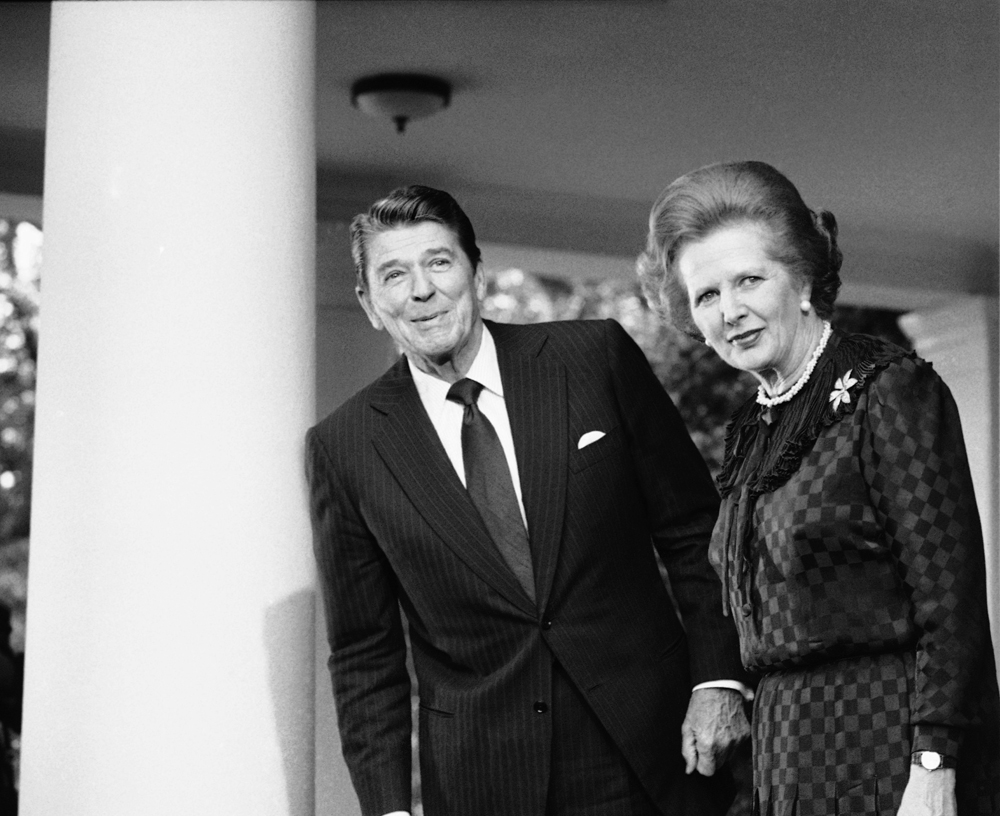 US President Ronald Reagan’s administration put Nelson Mandela (
US President Ronald Reagan’s administration put Nelson Mandela (